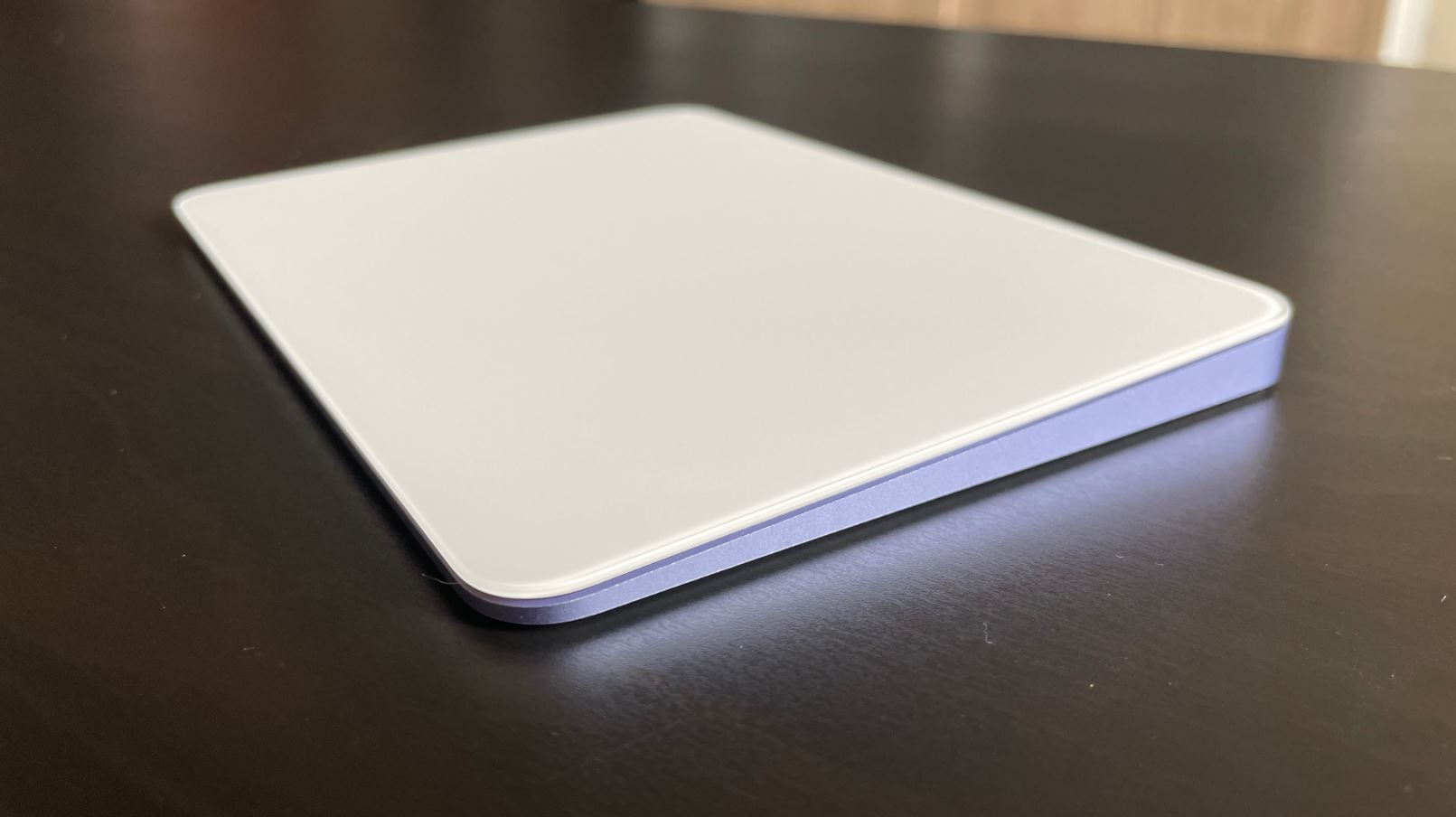Apple, the renowned tech giant, is taking a bold step towards reducing its carbon footprint. At its recent Apple Event, the company made a significant announcement that has caught the attention of both tech enthusiasts and environmentalists alike. In an effort to prioritize sustainability, Apple has decided to no longer incorporate leather in its future products.
Key Takeaway
Apple is prioritizing sustainability by making the decision to eliminate leather from its products. This move will help reduce the carbon footprint associated with leather production and contribute to a more environmentally-conscious industry.
A Dirty Secret: The Carbon Footprint of Leather
Leather has long been synonymous with luxury and premium quality. However, there’s a not-so-glamorous side to this material that Apple has decided it can no longer ignore – its significant carbon footprint.
Leather production begins with cows, which unfortunately release methane, a potent greenhouse gas. With their methane emissions alone, cows contribute to global warming. Moreover, the process of growing feed for these animals often involves deforestation, further exacerbating environmental issues.
In addition to the environmental impact caused by cows, the traditional tanning process used to transform raw animal hide into leather is far from eco-friendly. It requires copious amounts of chemicals, which pose risks both to the environment and to human health.
While vegetable-based tanning methods offer a more sustainable alternative, they are regrettably less prevalent in the industry. Therefore, the majority of leather still available on the market carries a substantial carbon “hoofprint.”
Apple’s Commitment to Sustainability
In a commendable move towards environmental responsibility, Apple has chosen to phase out existing products that utilize leather and has firmly committed to avoiding its usage in all future products.
By eliminating leather from their product lineup, Apple aims to make a significant contribution towards reducing their carbon footprint and fostering a more sustainable future.

























